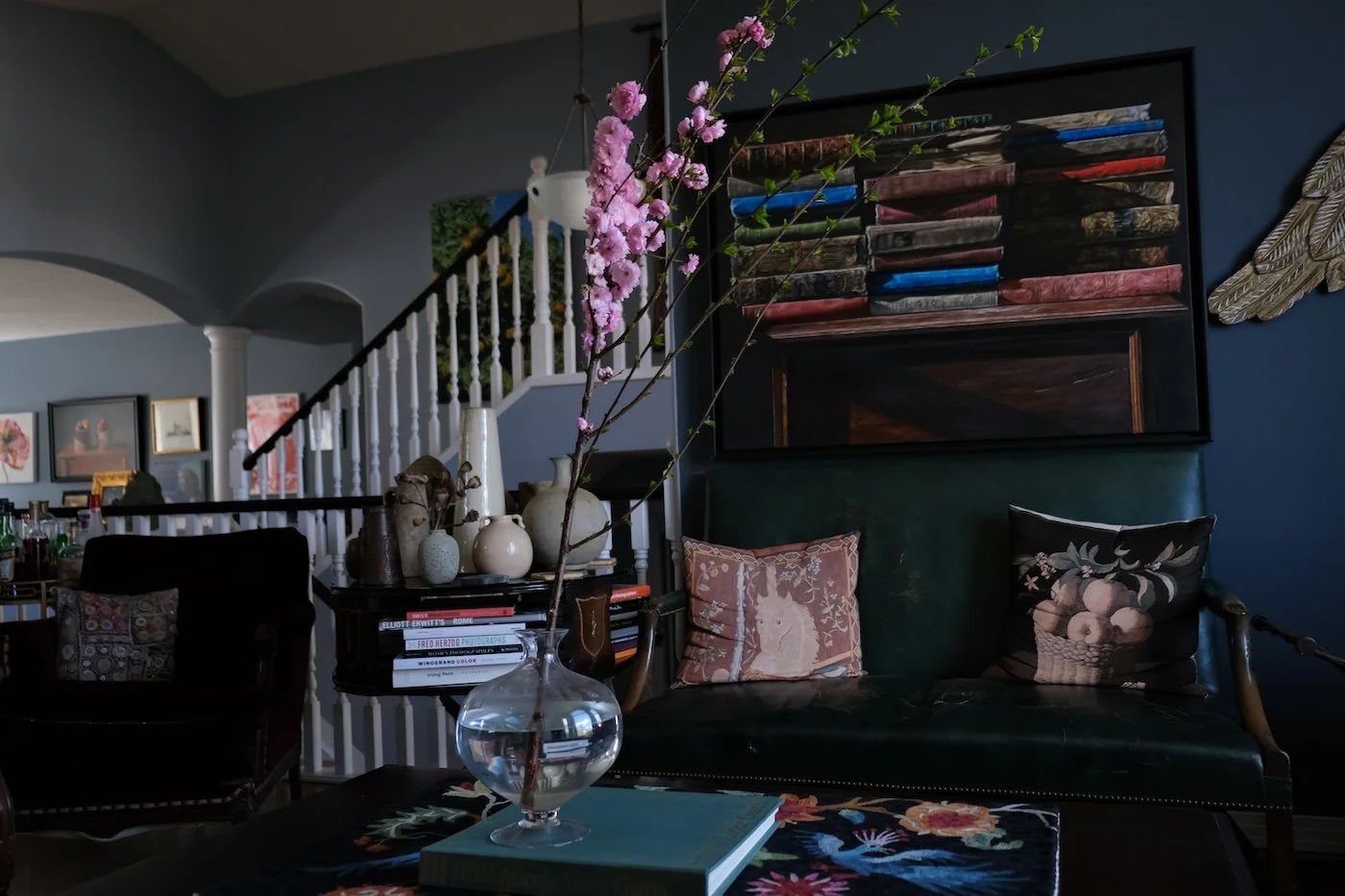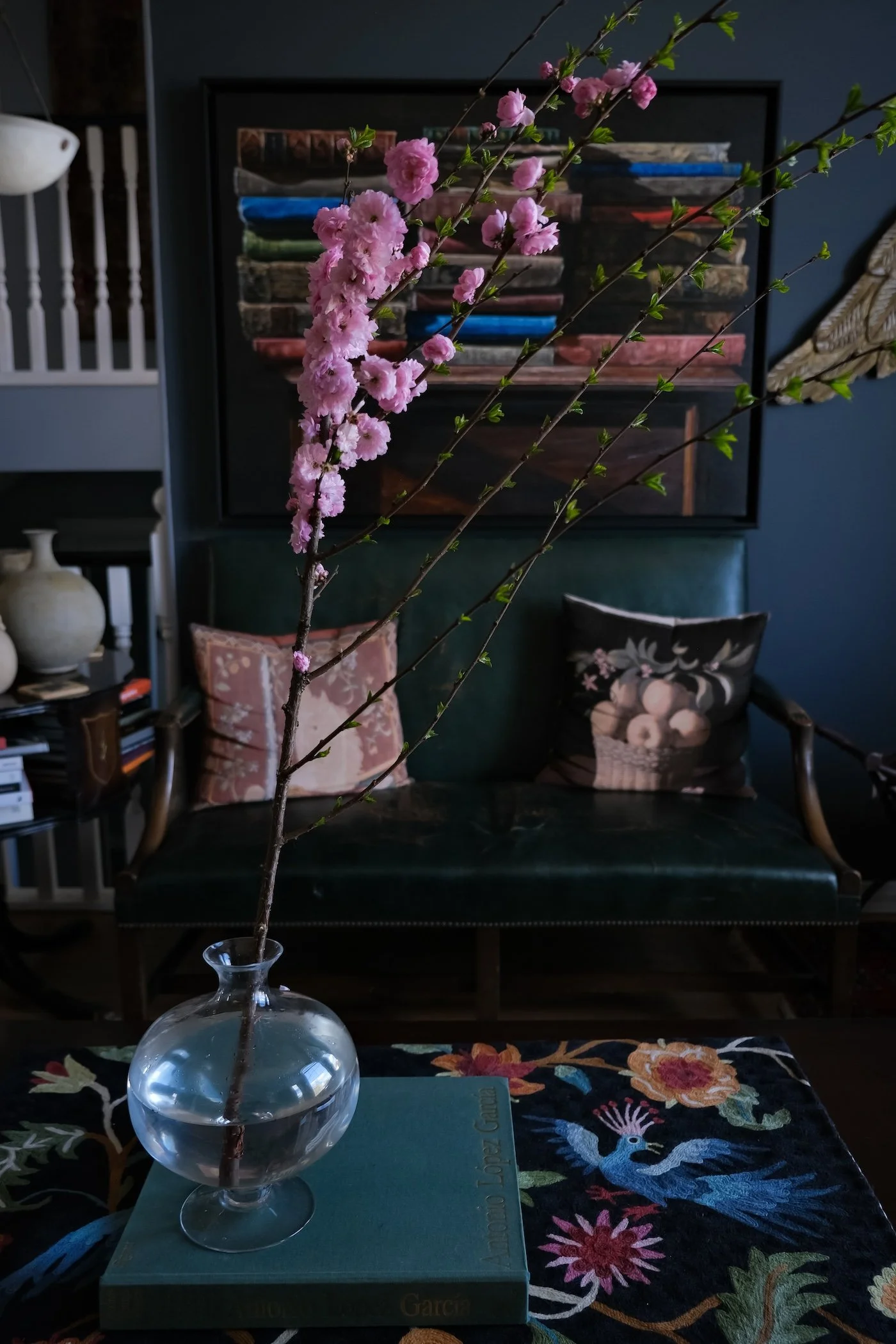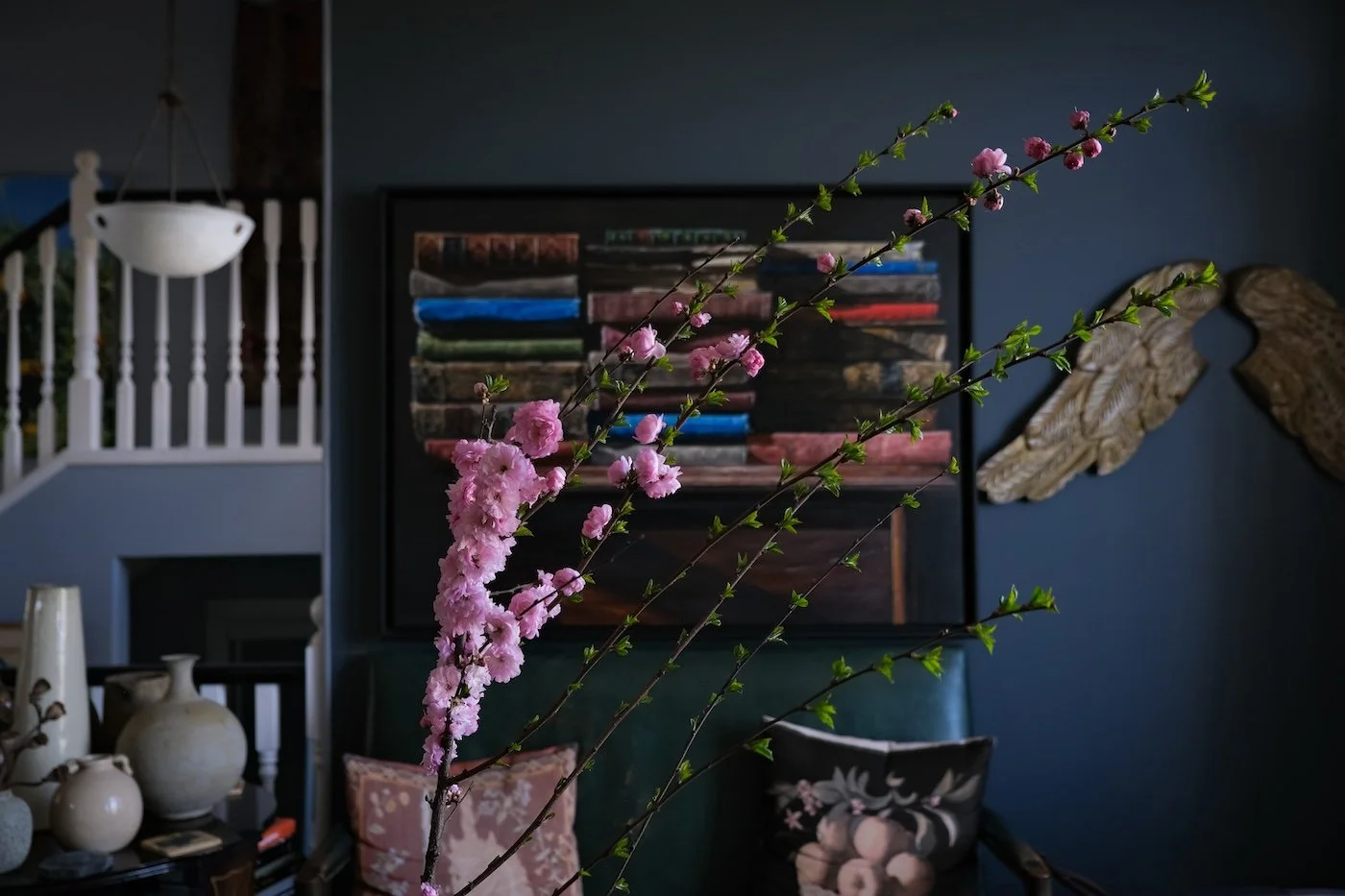How to Save a Life: A NF Book List
I suppose because this past week was my birthday week I’ve gotten a little bit in my own head. It’s not a bad thing. To sit, to reevaluate. To wonder how I got here. There’s the larger picture — thinking about how, yes, I’ve accomplished quite a lot. And there’s the smaller picture of the last five years. What I’ve learned this past week is that I can’t dwell there in this trajectory which included (I’m going to vague-book a bit here) the asshattery of the pandemic played out in ridiculously close proximity, a body discovered (not by me) which turned out to be someone who called me sister, a series of decisions made after I began to ideate due to circumstances, the contradictions piling up, ending up in a precarious because temporary position, feeling like I’m ready to drop into that ol’ cute depression at any minute). I could go on, but that’s it in a nutshell. All of this with the backdrop of the traumosphere aka the news of the last five years. That said, I still feel like comedy has saved me. To step back a few meters (off the battlefield as Matt Licata has said) and be amused by my own sorry ass. Books have saved me, even more. And so that’s the post I’m going to write ahead — a list of books that I love and have helped me.
But first a song. The lyrics are one thing and then another for me. And the refrain, Where did I go wrong? seems to be with me a lot these days, and it works in a lot of contexts. (Not to worry, I’m also singing Where did I go right?) In my younger days someone in my sphere left us. And every time someone else goes, that’s the one that comes up again, which is exactly how trauma works — every death is every death.
But first, a nod to a couple of people I’ve known through blogging for years. Part of me just wants to leave out the personal one hundred percent from this space, but then I remember when I read a post on Lifesaving Poems, or on Pickle Me This and her newish Substack, that this is the reason I read blogs, still. (I feel like I missed the boat on Substack, but I’m also thinking about it again because is what I’m doing here even sustainable in any way shape or form? — again, where did I go wrong?)
Non-Fiction Books that Save Me — A Partial List:
To Photograph is to Learn How to Die by Tim Carpenter
“The goal of the approach that I propose — a metaphysics of recreation for the photographer — is to face (and not to turn away from) the limitations of the camera and of life itself (which are very nearly one and the same, as I’ll explain) with dignity and assurance, employing an active strategy to meet the incompletion that is our basic human condition — to strike a bargain between what is and what is not. And then to make something durable from that.”
Cruel Optimism by Lauren Berlant
“As we know from situation comedy, a situation is a genre of living that one knows one’s in but that one has to find out about, a circumstance embedded in life but not in one’s control.” “A situation is a disturbance…it forces one to take notice, to become interested in potential changes to ordinariness. When a situation unfolds, people try to maintain themselves in it until they figure out how to adjust.”
On the Inconvenience of Other People by Lauren Berlant
“I don’t like making statements about the state of the world at the start of transitional eruptions….Everything needs to be tested with humility and focus.” “How not to reproduce the embedded violence of the unequal ordinary? People say, “You got this!” “We can do this!” But it’s more like, “Once you let in the deaths, all that follows is life.” A thing to be used.”
What I Mean to Say by Ian Williams
“Deep attention within a conversation is being able to understand the said and also sending out sonar signals to pick up the unsaid and the unsayable.”
Hope in the Dark by Rebecca Solnit
“Hope locates itself in the premises that we don’t know what will happen and that in the spaciousness of uncertainty is room to act.”
Meditations by Marcus Aurelius (translated by Robin Hard)
“To what purpose, then, am I presently using my soul? Ask yourself this question at every moment…”
No Time to Lose by Pema Chödrön
“I can tell you from experience that when there’s a shift toward eagerness, life takes on a whole new meaning. Not the meaning that comes from careers or relationships, but the meaning that comes from using everything that happens as an opportunity to wake up. There will always be challenges, but they need not be seen as obstacles. It’s all part of the path to enlightenment.”
Emergent Strategy by adrienne maree brown
“But emergence shows us that adaptation and evolution depend more upon critical, deep, and authentic connections, a thread that can be tugged for support and resilience. The quality of connection between the nodes in the patterns. Dare I say love.”
What’s the Story by Anne Bogart
“What is the story that I am telling? Do I choose to say, “My life sucks?” Do I choose to say, “Life is great?” Or do I swing jaggedly from one to another? The choice — if I am lucky, rigorous, and attentive enough — is mine. But in order to “wright” a good narrative, I first need to create the kind of ego that can create one.”
The Art of Resonance by Anne Bogart
“Our job as artists is to become consciously resonant to the world rather than alienated from it; to connect with others and to create the conditions for resonance among us. We do not do this by forcing our will upon the world, rather, we create the circumstances in which resonance might occur.”
A Healing Space by Matt Licata
“The reality is that the material of our lives is always in flux.”
Exhausted by Anna Katharina Schaffner
“When in the grips of burnout, then, we need to be very discerning about what is and isn’t our personal responsibility.”
Ordinary Affects by Kathleen Stewart
“The ordinary is a shifting assemblage of practices and practical knowledges, a scene of both liveness and exhaustion, a dream of escape or of the simple life. Ordinary affects are the varied, surging capacities to affect and to be affected that give everyday life the quality of a continual motion of relations, scenes, contingencies, and emergencies. They’re things that happen.”
The Subversive Simone Weil by Robert Zaretsky
“It is only by getting the words right — describing the world as it is — that one can act rightly and resist on behalf of others and oneself.”
The Happiness Advantage by Shawn Achor
“If we study merely what is average, we will remain merely average.”
“As a society, we know very well how to be unwell and miserable and so little about how to thrive.”
Reader, Come Home by Maryanne Wolf
“For just as reading is not solely visual, beauty is not simply about the senses. In her essay, “Decline,” Marilynne Robinson wrote that beauty among other important things is a “strategy of emphasis. If it is not recognized, the text is not understood.” Beauty helps us attend to what is most important.”
Wolf quotes David Olin: “Reading is an act of contemplation…an act of resistance in a landscape of distraction…it returns us to a reckoning with time.”
Knife by Salman Rushdie
“One has to find life, I said. One can’t just sit about recovering from near death. One has to find life.”
Witness: Lessons from Elie Wiesel’s Classroom by Ariel Burger
“You must turn hate into something creative, something positive. If you are a teacher, you turn it into good teaching. If you write, turn it into good writing. Express what you feel and let the hate become something else. But do not hate.”
“Part of our task is to liberate language, to name things as they really are. Don’t say income inequality when you can say hungry child. Don’t say racist tension when you can describe rocks thrown at a family. This is true in political life, in literature, and in education as well. We cannot liberate reality if we distort language.”
On Art and Mindfulness by Enrique Martinez Celaya
“When you get stuck, when you cannot find the way in the studio, go to the studio anyway. Read there. Mop the floor. Rearrange things. Something will eventually happen.”
Because I know you know how to find books, I opted to not give links above, but to instead give a sentence or so from each title to entice. I’ve mentioned all of these books at one time or another on this blog as well, so you can always use the search feature up top to look for them here.
I could probably add 20 more books to this list. And I do make it a goal, if there’s interest, to do similar lists for fiction and for poetry.
Some other things I’ve read online lately:
Most parents don’t enjoy reading to their children, survey suggests
A nice thing that happened to me of late is that AOAW has been reviewed in Galleries West.
A note on the photos:
I love the month of May. I love blossom season. I’ve always found that to be the perfect instruction: Blossom. Flower. You know. Give it your all. This branch is from our backyard tree. Over the years since we planted the tiny thing, the neighbour’s tree has grown and obscured it. Houses and fences emerged. It grows however it can, reaching to the sun. And so this branch is all just one sided, leaning up, out. It’s going where the love is, where it can grow, where it can bloom. This branch is going to me this year.







